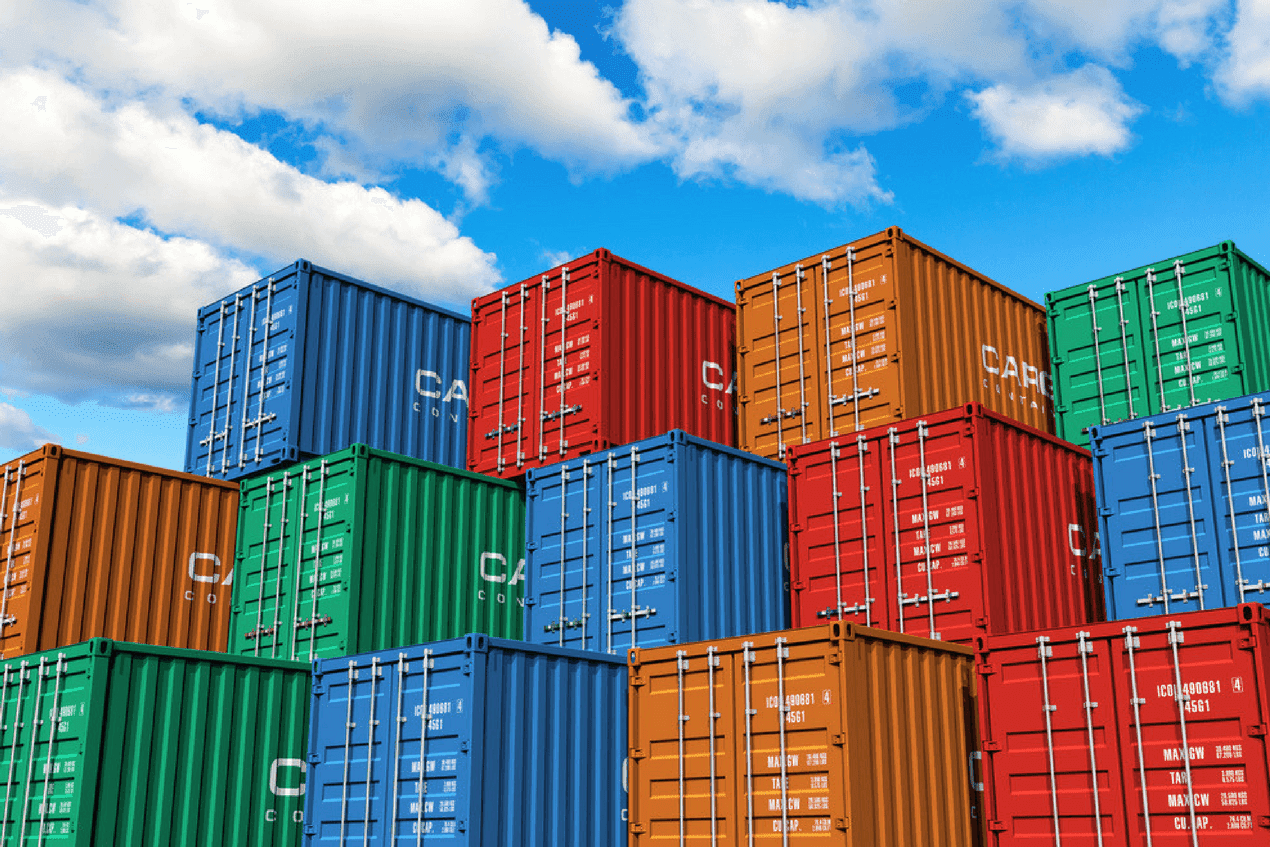Training is a critical element of any export compliance program under the International Traffic in Arms Regulations (ITAR) and the Export Administration Regulations (EAR). Training ensures that all employees understand the export regulations and reinforces the policies and procedures implemented by the export department. All employees from the assembly line to the CEO should attend an annual training.
Different types of training and Frequency
Training under your export compliance program can be customized to meet the needs of your company.
Not all employees need to go through rigorous training every year. Training should be based on the employee’s level of involvement with the export regulations. The frequency and how in-depth topics are covered in the training should correlate to the employees’ job function. For example, you may consider providing general awareness training at a companywide meeting for all employees and following up with those employees whose job functions deal with the International Traffic in Arms Regulations (ITAR) or the Export Administration Regulations (EAR) with a more detailed training session.
Below are some recommendations that can be adopted by many different organizations:
-
New Employee Orientation
This type of training involves taking all new employees and providing a general overview of how the companies export and import policies and procedures affect their job duties. This is also a great time for the new employees to be introduced to the Empowered Official and other employees with key export responsibilities should the employee have questions on the companies export compliance program or its policies and procedures.
-
Company Wide Awareness Training
This sort of training can be effective if the company has employees who don’t deal with exports such as accounting and floor shop employees. All other employees who have interaction with export policies and procedures should still be required to attend a more detailed training session.
-
Comprehensive Annual Training
This training, if possible, should be tailored to each department so that they understand how the export regulations and internal policies and procedures affect their roles and responsibilities. The training should also review any changes to internal policies and procedures that have taken place since the last training. -
Training for Export Department Personnel
Export department personnel are responsible for ensuring any changes to the regulations are implemented at your company. As a result, they should attend at least 1 or 2 external training sessions provided by local and national organizations or by consultants so that they may stay current with the regulations. -
Communications
Changes to the regulations and internal policies and procedures should be communicated throughout the year via internal communications (email, memos, etc)
Topics that must be covered
The topics to be covered depend on the type of training you are providing (New Employee Orientation, Company Wide Awareness Training, etc.) but in general here are some topics that should be covered:
- General instructions on export compliance;
- The United States Munitions List (USML) and/or the Commerce Control List (CCL);
- Changes to U.S. export regulations;
- Screening procedures;
- The roles and responsibilities of all company personnel;
- Employees reporting obligations and requirements;
- The implications of export violations and Voluntary Disclosures; and
- Recordkeeping requirements.
Recordkeeping
All training sessions should be documented and the export department should maintain a list of attendees, training date(s), and topics covered.
Are you ready to move forward with your internal company training? Contact TCS for customized training that meets the needs of your employees. Contact us at [email protected] or at 214-810-0204.

